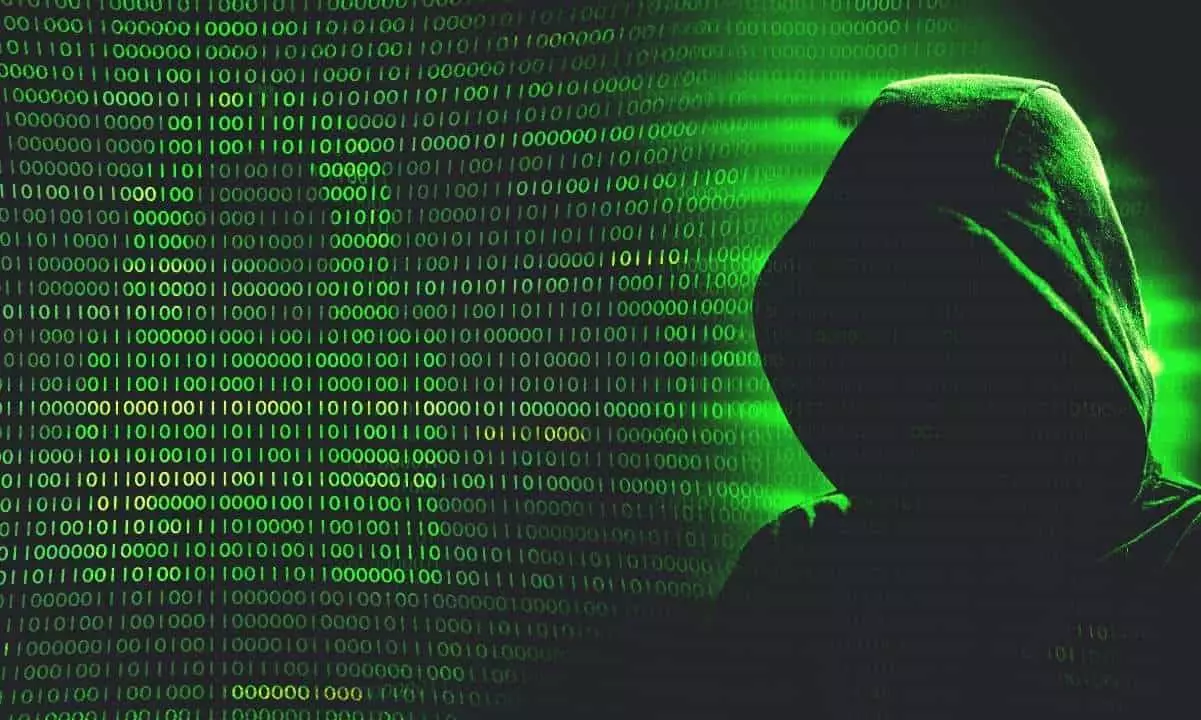The cryptocurrency landscape is ever-evolving, characterized by rapid growth and equally rapid incidents of fraud and error. Recently, an unsettling episode involving Jupiter, a Solana-based decentralized exchange aggregator, has put a spotlight on the pressing need for robust security measures and communication strategies within the crypto space. On February 6, Jupiter’s X account was compromised, leading to chaotic market activities and raising alarm bells over cybersecurity among investors and users.
In the early hours of the fateful day, a malicious actor took control of Jupiter’s X account, which boasts an impressive following of over half a million subscribers. The attacker leveraged this extensive reach to promote a fictitious meme coin named $MEOW, cleverly named after Jupiter’s co-founder’s pseudonym, “Meow.” This move was strategically timed, as on-chain activity reflected a meteoric rise in the token’s emergent market value, surpassing an astounding $20 million almost instantaneously.
As unsuspecting investors dove headfirst into this newly minted currency, the situation deteriorated rapidly. The perpetrator swiftly drained the liquidity pool of $MEOW, rendering investors unable to liquidate their holdings. This not only led to immediate financial losses for many but also triggered a wave of panic across the community. Further compounding the chaos, the hacker then pivoted to promote a second dubious token, DCOIN, under the guise of Jupiter’s credibility.
Aftermath and Immediate Responses
Fortunately, Jupiter’s core team acted quickly to contain the fallout. Several hours following the breach, the team announced that they had reclaimed control over their X account and reassured users that neither customer funds nor treasury holdings had been compromised. All assets are reportedly secured in multisig wallets, presenting a glimmer of confidence amidst a sea of distress.
However, the incident itself left a significant mark, resulting in a steep decline in the value of Jupiter’s native token—JUP—plummeting 12% immediately after news of the hack became public. Communication from team members, particularly Ben Liew, underscored the urgency of the situation, as he promised followers ongoing collaboration with various parties to mitigate the risks and restore normalcy.
One factor hindering the initial response to the breach was the simultaneous travel of key team members, including Mei, who was unreachable due to poor internet connectivity. This highlights a critical element in crisis management: the necessity for effective communication protocols and contingency plans to handle security breaches swiftly, regardless of team members’ availability.
The Jupiter incident is not an isolated one; it is part of a disturbing trend where hackers specifically target social media accounts of crypto projects to exploit trust and manipulate market dynamics. In recent months, similar breaches have surfaced involving high-profile individuals and organizations alike, raising questions about the integrity of security measures currently in place.
As the crypto community grapples with increasing cyber assaults, the need for enhanced security frameworks cannot be overstated. This includes better two-factor authentication systems, routine security audits for social platforms, and comprehensive user education on recognizing and avoiding scam communications. Companies must not only prioritize their internal security measures but also cultivate a sense of responsibility towards their investors by providing timely updates and alerts during crises.
The Jupiter hack serves as a crucial reminder of the vulnerabilities that persist within the burgeoning world of decentralized finance (DeFi). As new digital tokens are launched and decentralized platforms continue to gain traction, an overarching theme emerges: the need for vigilance in security practices. Both developers and users must navigate this complex landscape with heightened awareness and a commitment to safeguarding their assets.
Implementing robust security practices will protect not only individual investments but also the broader trust required for the ecosystem to flourish. As the cryptocurrency market matures, integrating advanced security solutions alongside education and communication will be paramount in ensuring a safe and innovative future for all participants.

